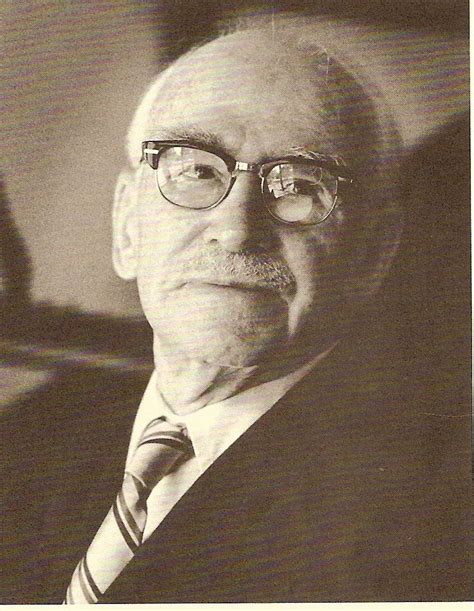A Quote by John Calvin
Were the judgments of mankind correct, custom would be regulated by the good. But it is often far otherwise in point of fact; for, whatever the many are seen to do, forthwith obtains the force of custom. But human affairs have scarcely ever been so happily constituted as that the better course pleased the greater number. Hence the private vices of the multitude have generally resulted in public error, or rather that common consent in vice which these worthy men would have to be law.
Quote Topics
Related Quotes
Good and wise men, in all ages, have embraced a very dissimilar theory. They have supposed that the deity, from the relations we stand in to himself and to each other, has constituted an eternal and immutable law, which is indispensably obligatory upon all mankind, prior to any human institution whatever. This is what is called the law of nature....Upon this law depend the natural rights of mankind.
A convention is a social pattern we have chosen to prefer over whatever the raw world simply proffers. It is a sign of the operation of the mind, drawing the assent of a sufficient number of other minds so that the agreement will be widely operative. A convention is not a custom; a custom is a habit in which a sufficient number acquiesce. A custom can appear as a convention, but it is really a lesser act, the result of passive acceptance rather than of the imposition of design. It is the difference between learning to live by the annual flooding of the river or by a calendar.
The whole drift of our law is toward the absolute prohibition of all ideas that diverge in the slightest form from the accepted platitudes, and behind that drift of law there is a far more potent force of growing custom, and under that custom there is a natural philosophy which erects conformity into the noblest of virtues and the free functioning of personality into a capital crime against society.
Whoever has overthrown an existing law of custom has always first been accounted a bad man: but when, as did happen, the law could not afterwards be reinstated and this fact was accepted, the predicate gradually changed; - history treats almost exclusively of these bad men who subsequently became good men!
With regard to Banks, they have taken too deep and too wide a root in social transactions, to be got rid of altogether, if that were desirable. They have a hold on public opinion, which alone would make it expedient to aim rather at the improvement, than the suppression of them. As now generally constituted, their advantages whatever they be, are outweighed by the excesses of their paper emissions, and the partialities and corruption with which they are administered.
If we could suppose a great multitude of men to consent to the observation of justice, and other laws of Nature, without a common Power to keep them all in awe; we might as well suppose all mankind to do the same; and then there neither would be nor need to be any civil government or commonwealth at all, because there would be Peace without subjection.
I have known a great many men who have left this Church for whom there is no chance whatever for exaltation, but if their blood had been spilled, it would have been better for them. The wickedness and ignorance of the nations forbid this principle's being in full force, but the time will come when the law of God will be in full force.
A small knowledge of human nature will convince us, that, with far the greatest part of mankind, interest is the governing principle... Few men are capable of making a continual sacrifice of all views of private interest, or advantage, to the common good. It is vain to exclaim against the depravity of human nature on this account; the fact is so, the experience of every age and nation has proved it and we must in a great measure, change the constitution of man, before we can make it otherwise. No institution, not built on the presumptive truth of these maxims can succeed.
I will not adopt that ungenerous and impolitic custom so common with novel writers, of degrading by their contemptuous censure the very performances, to the number of which they are themselves adding?joining with their greatest enemies in bestowing the harshest epithets on such works, and scarcely ever permitting them to be read by their own heroine, who, if she accidentally take up a novel, is sure to turn over its insipid leaves with disgust.
I believe that the sum total of the energy of mankind is not to bring us down but to lift us up, and that is the result of the definite, if unconscious, working of the law of love. The fact that mankind persists shows that the cohesive force is greater than the disruptive force, centripetal force greater than centrifugal.






































